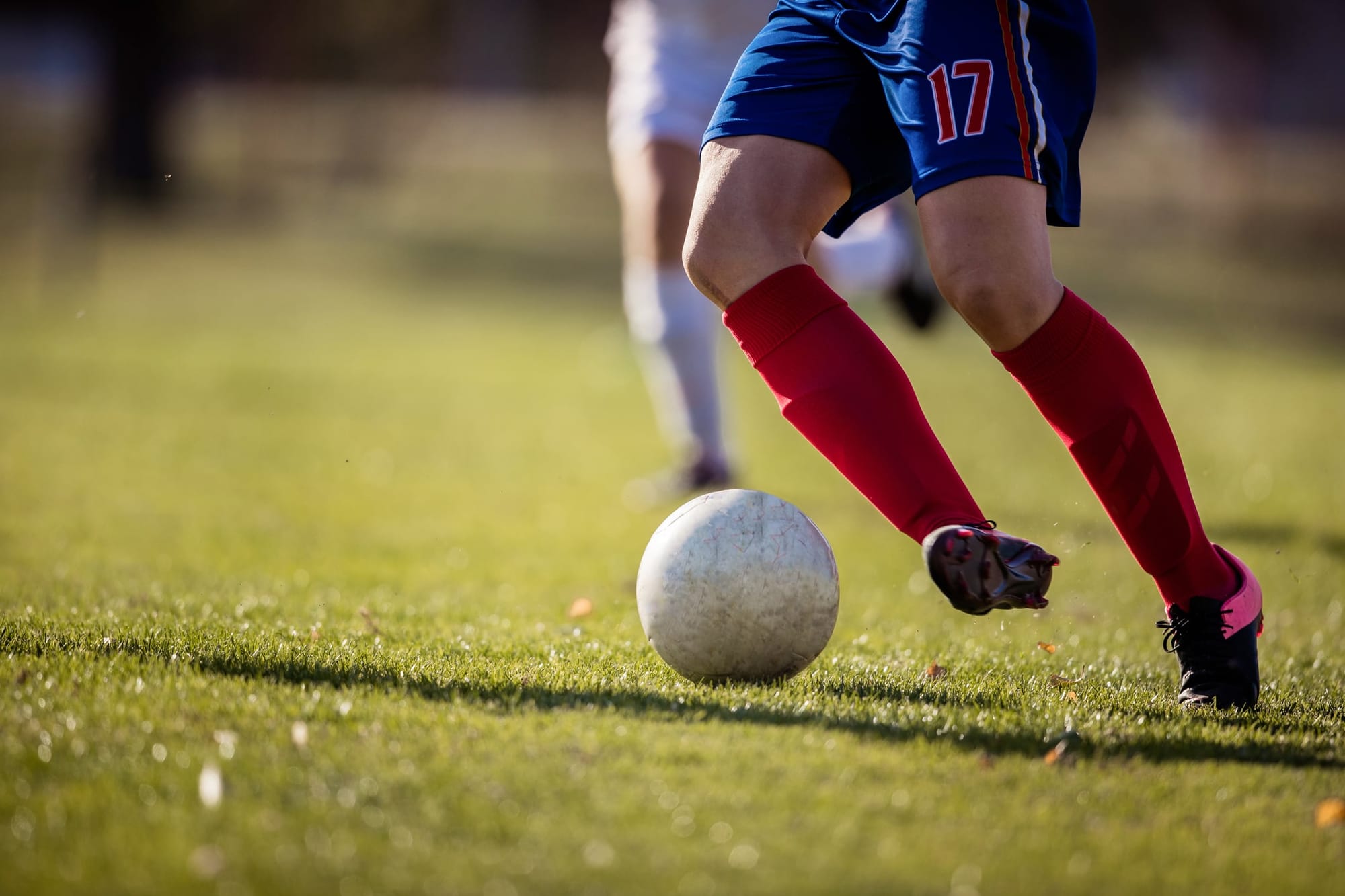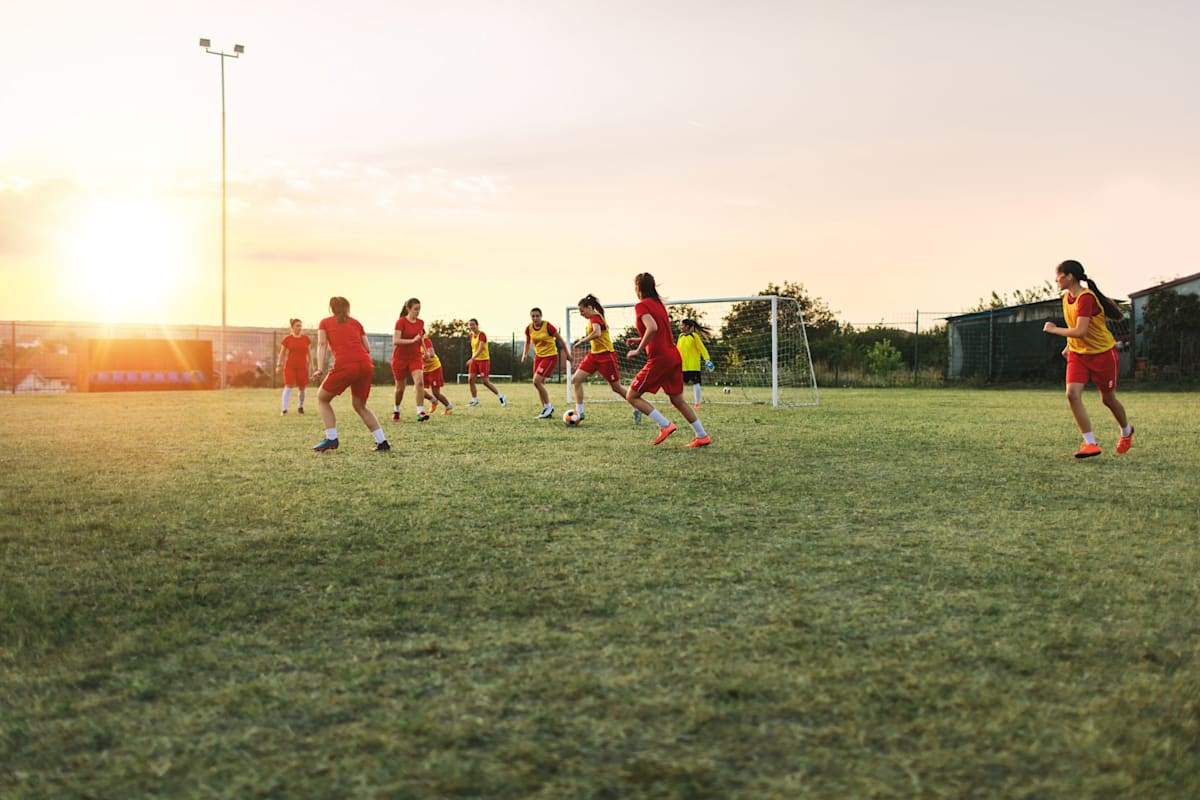
In July and August, one of the biggest global sporting events, the women’s FIFA World Cup 2023, will be hosted in Australia and New Zealand, bringing fans, hype and excitement around the Matildas and the sport of football itself.
The World Cup is anticipated to catalyse a legacy that seeks to build ongoing football participation in the respective host countries.
Major events such as the Olympics and world cups have legacies developed to promote participation and pathways in a sustainable manner.
However, the legacy effects of mega sporting events are questionable, with some studies suggesting they don’t change physical activity or sporting participation levels, despite their intention to do so.
With the World Cup 2023 about to start, it’s timely to consider the potential ripple effect a successful tournament by the Matildas might have on women and girls’ football participation at a grassroots level, in particular considering how well-equipped community football is to support increases in participation by women and girls.
Increasing girls and women’s participation in football
We explored the experiences of club volunteers and women players involved in the development of a newly-formed multicultural women’s football team.
There was no shortage of women wanting to play football, which is often thought to be a key issue; however, clubs and teams faced many difficulties in becoming established and participating regularly.
Accessing space to play is the main challenge for a women’s team. Local councils allocate pitches and facilities that they manage and maintain based on existing usage. This makes it very difficult for a new women’s and girls’ team to gain access to facilities.
Further, unless you’re a well-established, financially sound, and highly populated club – which new teams and clubs are not – there are limited competition options.
Read more: Sport for all? Why Australian sport needs to embrace informal participation
In our study, this led to the women’s team struggling to access competitive opportunities, and ultimately having to play in a faith-based league as the only option available.
This created multiple tensions for the players involved due to conflicts between LGBTQ+, ethnic, and religious identities.
Our data highlights that if you’re a woman wanting to play football, it’s not just a case of finding a club and being able to play.
Despite significant resources and policies directed at gender equity in sport, the spaces, processes, and ingrained gender and cultural relations continue to affect women’s participation in community football.
There were multiple spatial injustices in allocation of space for sport that significantly constrained participation for both a multicultural club and a women’s team. Ultimately, these constraints limit the capacity of women and girls to participate, and perpetuate gender inequities.

Where to next?
If the FIFA women’s World Cup 2023 is going to achieve a participation legacy for girls and women, the current structures, supports and systems need to be redistributed, which means investing in both human and structural resources.
Further, the cultural and social processes and practices embedded in community sports mean those in power remain privileged, which leaves little space and opportunities for girls and women.
At a basic level, our research would suggest there aren’t the structures and facilities within grassroots football at the moment to support significant growth in participation, and women and girls will continue to have to fight for spaces and opportunities to play.
This issue has been recognised in other sports seeking to grow the participation of women and girls, including Australian rules football.
For football, if we’re serious about creating a legacy from the substantial opportunities provided by hosting the World Cup, infrastructure and support are needed to facilitate growth.
This needs to be addressed now to ensure girls and women have access to sustainable opportunities to participate.





